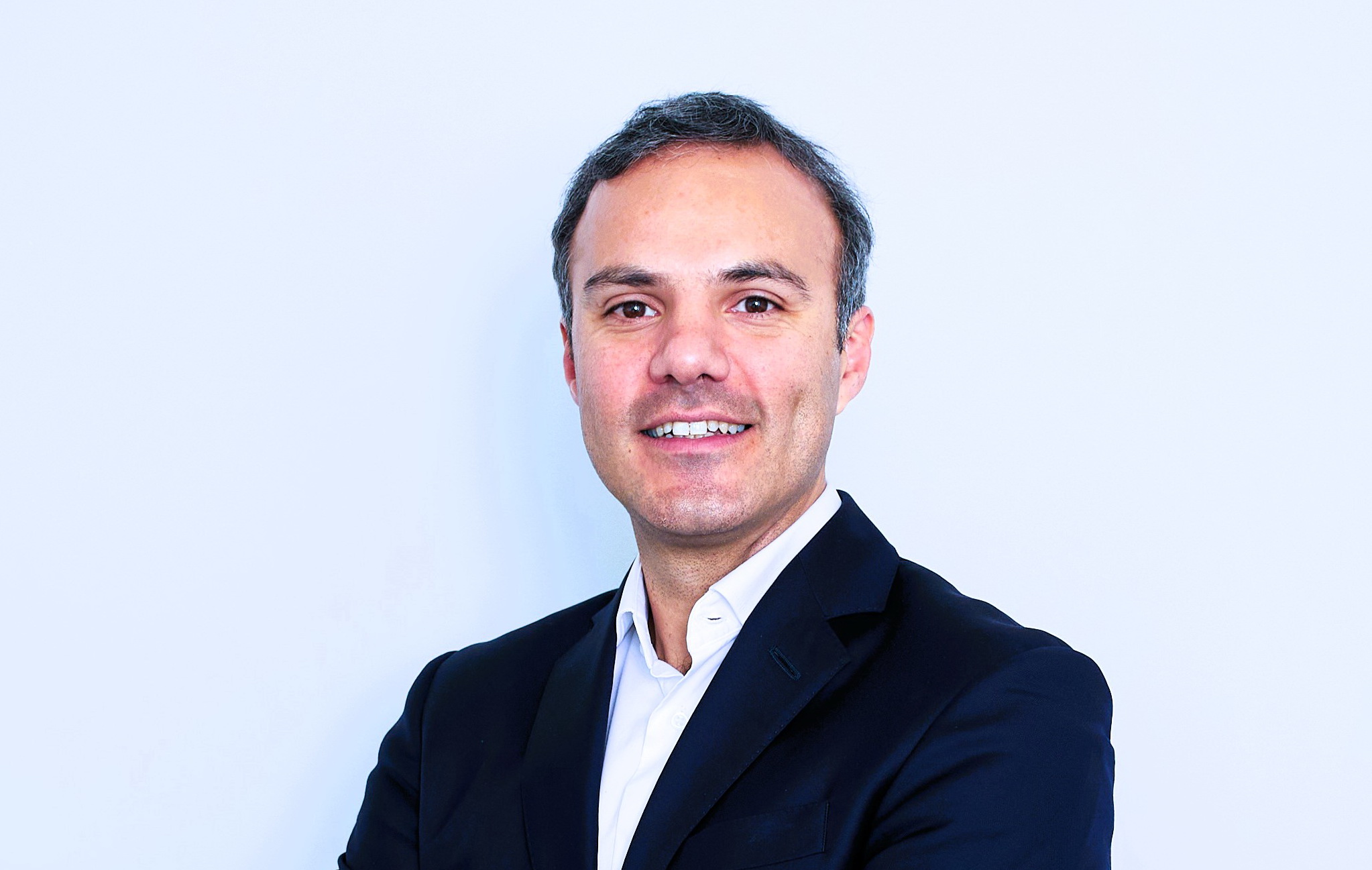In the dynamic world of asset management, Pilar Tavella, Head of Macro Research & Strategy at Balanz, has built a solid career based on her passion for economics and markets. In this exclusive conversation for the Key Trends Watch initiative by FlexFunds and Funds Society, Pilar shares her vision on the current challenges, growth opportunities, and the impact of economic programs on the evolution of the Argentine market.
Regarding the biggest challenges, Tavella points out that one of the main aspects of her role is translating complex macroeconomic analysis into clear investment strategies. “The key is to stay ahead of the market, evaluate what might perform better or worse than expected, and anticipate how markets will react to these dynamics.” According to her, this becomes especially relevant in a highly volatile environment where macroeconomic conditions are constantly shifting.
As for the development of Argentina’s financial market, she stresses that macroeconomic stability is fundamental. “If the decline in inflation is sustained, we will see the emergence of a more sophisticated and diversified market. This will allow investors to consider medium-term strategies beyond dollarization or hedging against shocks.” In her view, consolidating stability is essential for this growth.
Performance of the Argentine government’s economic program
Tavella acknowledges significant progress in the Argentine government’s economic program, highlighting the faster-than-expected fiscal consolidation and inflation containment. “The government has managed to avoid an inflationary spiral through fiscal discipline and monetary prudence, along with popular support that has been crucial in this process.” However, she notes that the sustainability of these policies will depend on maintaining political commitment and long-term credibility.
The main anchors of the economic program are fiscal and political stability. The combination of these two factors, along with tangible results, has allowed the government to build credibility—an additional stabilizing factor.
A sustained fiscal surplus is particularly noteworthy, as Argentina has struggled to achieve this consistently in the past. This progress, combined with an administration that maintains political stability despite implementing adjustments, is an uncommon scenario. Historically, such coherence was only achieved after deep crises, such as in 2001, but this time, it is occurring with a moderate recession of approximately -2.5%, she explains.
“The fiscal surplus acts as an anchor because it creates expectations of continuity. It wouldn’t be effective if perceived as temporary. The government’s commitment, demonstrated through actions like vetoing laws and accelerating fiscal consolidation, reinforces this perception of stability. In essence, the combination of a sustained fiscal surplus, political stability, and growing credibility underpins this program and gives it strength,” she adds.
Regarding negative effects, she acknowledges that recession is one of the inevitable consequences, “although it has been shallower and shorter than anticipated.” However, the biggest challenge lies in the sustainability of the real exchange rate. While exchange rate appreciation reflects macroeconomic improvement, excessive appreciation could put pressure on the balance of payments.
Growth and inflation scenarios for 2025
Pilar Tavella is optimistic about the near future, forecasting a shallower recession than expected in 2024 and a cyclical growth of 5% in 2025. “The recovery is happening faster than expected, thanks to factors such as fiscal consolidation, real income recovery, and credit growth.”
Regarding inflation, she projects a significant decline, with annual levels between 25% and 30%, always considering that external shocks remain a risk in Argentina. The main challenge for Argentina’s economic program is to consolidate stability and move towards a more flexible and sustainable exchange rate and monetary framework. This requires reducing sovereign risk to facilitate corporate financing and allowing a gradual easing of foreign exchange controls.
Argentina needs to accumulate net reserves, which are still negative, and avoid excessive exchange rate appreciation, she emphasizes. Transitioning to a more flexible model would improve reserve prospects and make inflation reduction more sustainable. A first step would be to normalize the current account by adjusting the export framework so that more foreign currency flows into the official market.
She adds that current conditions—low monetary issuance, reduced inflation, and peso constraints—allow for a gradual liberalization of foreign exchange, prioritizing capital flows over stock adjustments. While the political context may have an impact, concrete steps toward a more flexible and sustainable framework are expected in 2025.
Asset rally
The recent rally in Argentine assets has been primarily led by local investors, particularly in bonds and equities. This contrasts with previous periods when foreign investors played a larger role, though their current lower exposure may be due to past negative experiences in the Argentine market. The challenge now is to attract external capital again to expand the recovery.
For 2025, the expert highlights Argentine sovereign bonds as a key bet. Despite their positive performance, they still have room for appreciation, especially if the country progresses toward regaining market access. In equities, following an exceptionally strong performance, she suggests a more selective approach, prioritizing sectors with higher growth potential.
“To attract greater interest from foreign investors, it is crucial to improve the outlook for international reserve accumulation. While there is confidence in the government’s ability to meet short-term debt payments, challenges will increase in the medium and long term when maturities accumulate,” she states.
She concludes that a solid agreement with the International Monetary Fund (IMF) and a gradual easing of the exchange rate framework would be key steps. These measures would help build confidence in the sustainability of the balance of payments and Argentina’s ability to accumulate sufficient reserves in the future.
Interview conducted by Emilio Veiga Gil, Executive Vice President at FlexFunds, as part of the Key Trends Watch initiative by FlexFunds and Funds Society.



 By Emilio Veiga Gil
By Emilio Veiga Gil
 By Emilio Veiga Gil
By Emilio Veiga Gil